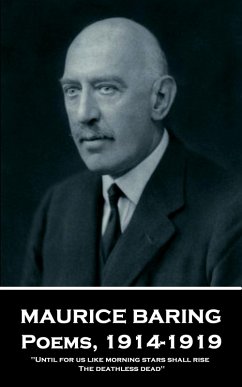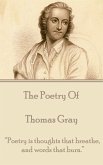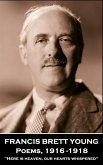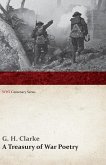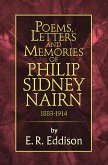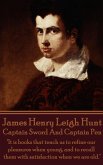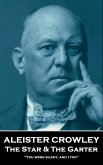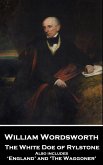Maurice Baring OBE was born on 27th April 1874 in Mayfair, London. He was the fifth son of eight children to Edward Charles Baring, first Baron Revelstoke, of the Baring banking family, and his wife Louisa Emily Charlotte Bulteel.
After the obligatory years at Eton College he went to Trinity College, Cambridge.
His early career in the diplomatic service was cut short but it gave him a thirst for travel and he did so widely, particularly in Russia. During the Russo-Japanese war of 1904/5 he reported as an eye-witness for the London Morning Post.
In 1909 Baring, who thought of himself as agnostic, converted to Roman Catholicism. A decision which he stated was "the only action in my life which I am quite certain I have never regretted."
When the horror of World War I enveloped Europe in 1914 he enlisted with the Royal Flying Corps, and served as an assistant to David Henderson and Hugh Trenchard (the two responsible for establishing the RFC) on the Western Front in France.
In 1918, Baring served as a staff officer in the Royal Air Force and was appointed Officer of the Order of the British Empire in the 1918 Birthday Honours List.
With the end of the war came his development as a writer. Before the war his works had mainly centrered on journalism, short stories and poetry. Now Baring began to write novels.
In 1925 he gained an honorary commission as a wing commander in the Reserve of Air Force Officers. After his death, Trenchard was to write, "He was the most unselfish man I have ever met or am likely to meet. The Flying Corps owed to this man much more than they know or think."
The last decades of his life proved to be a descent into chronic health problems. For the final 15 years of his life he was debilitated by the increasing onset of Parkinson's Disease.
He was widely known socially, and especially frequented with some of the Cambridge Apostles (an intellectual society at the University founded in 1820), The Coterie (a fashionable group of aristocrats and intellectuals of the 1910s). Baring was staunch in his anti-intellectualism with respect to the arts, and often displayed a lighter side with his pranks on others.
"By all accounts, the real Baring was a charming, affable gentleman who knew how to laugh and had no fear of making a fool of himself."
Maurice Baring, dramatist, poet, novelist, translator, essayist, travel writer and war correspondent, died at Beaufort Castle on 14th December 1945 at the age of 71.
After the obligatory years at Eton College he went to Trinity College, Cambridge.
His early career in the diplomatic service was cut short but it gave him a thirst for travel and he did so widely, particularly in Russia. During the Russo-Japanese war of 1904/5 he reported as an eye-witness for the London Morning Post.
In 1909 Baring, who thought of himself as agnostic, converted to Roman Catholicism. A decision which he stated was "the only action in my life which I am quite certain I have never regretted."
When the horror of World War I enveloped Europe in 1914 he enlisted with the Royal Flying Corps, and served as an assistant to David Henderson and Hugh Trenchard (the two responsible for establishing the RFC) on the Western Front in France.
In 1918, Baring served as a staff officer in the Royal Air Force and was appointed Officer of the Order of the British Empire in the 1918 Birthday Honours List.
With the end of the war came his development as a writer. Before the war his works had mainly centrered on journalism, short stories and poetry. Now Baring began to write novels.
In 1925 he gained an honorary commission as a wing commander in the Reserve of Air Force Officers. After his death, Trenchard was to write, "He was the most unselfish man I have ever met or am likely to meet. The Flying Corps owed to this man much more than they know or think."
The last decades of his life proved to be a descent into chronic health problems. For the final 15 years of his life he was debilitated by the increasing onset of Parkinson's Disease.
He was widely known socially, and especially frequented with some of the Cambridge Apostles (an intellectual society at the University founded in 1820), The Coterie (a fashionable group of aristocrats and intellectuals of the 1910s). Baring was staunch in his anti-intellectualism with respect to the arts, and often displayed a lighter side with his pranks on others.
"By all accounts, the real Baring was a charming, affable gentleman who knew how to laugh and had no fear of making a fool of himself."
Maurice Baring, dramatist, poet, novelist, translator, essayist, travel writer and war correspondent, died at Beaufort Castle on 14th December 1945 at the age of 71.
Dieser Download kann aus rechtlichen Gründen nur mit Rechnungsadresse in D ausgeliefert werden.

